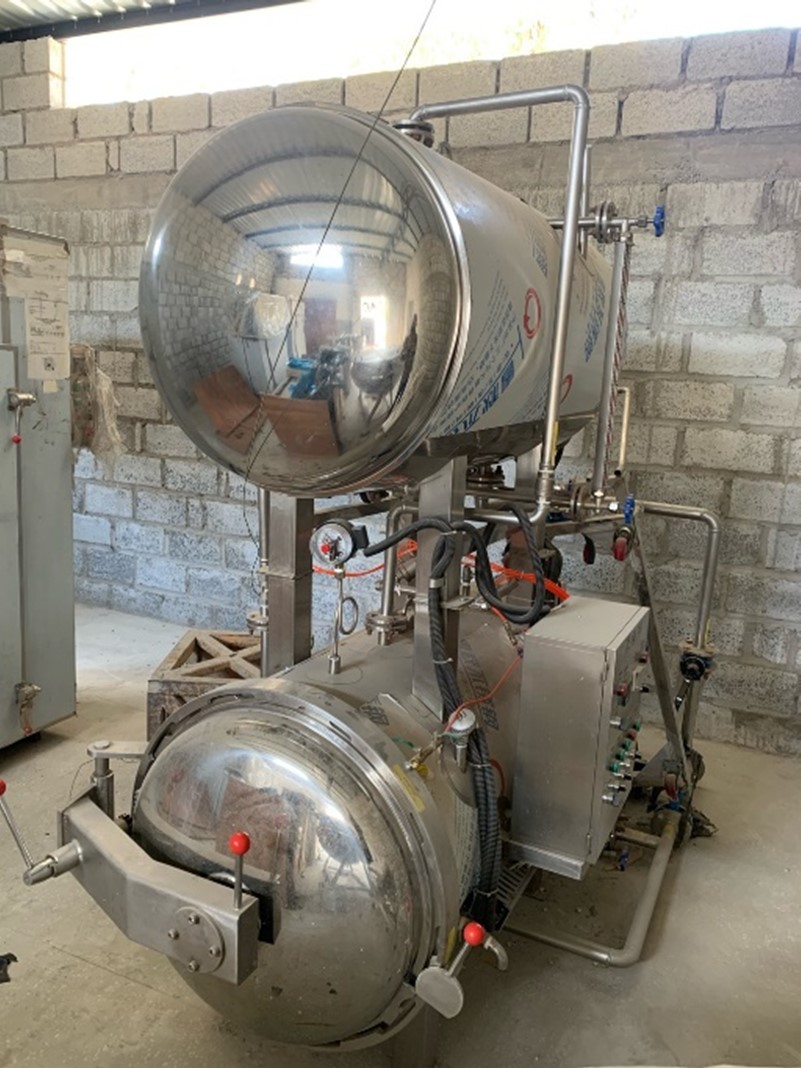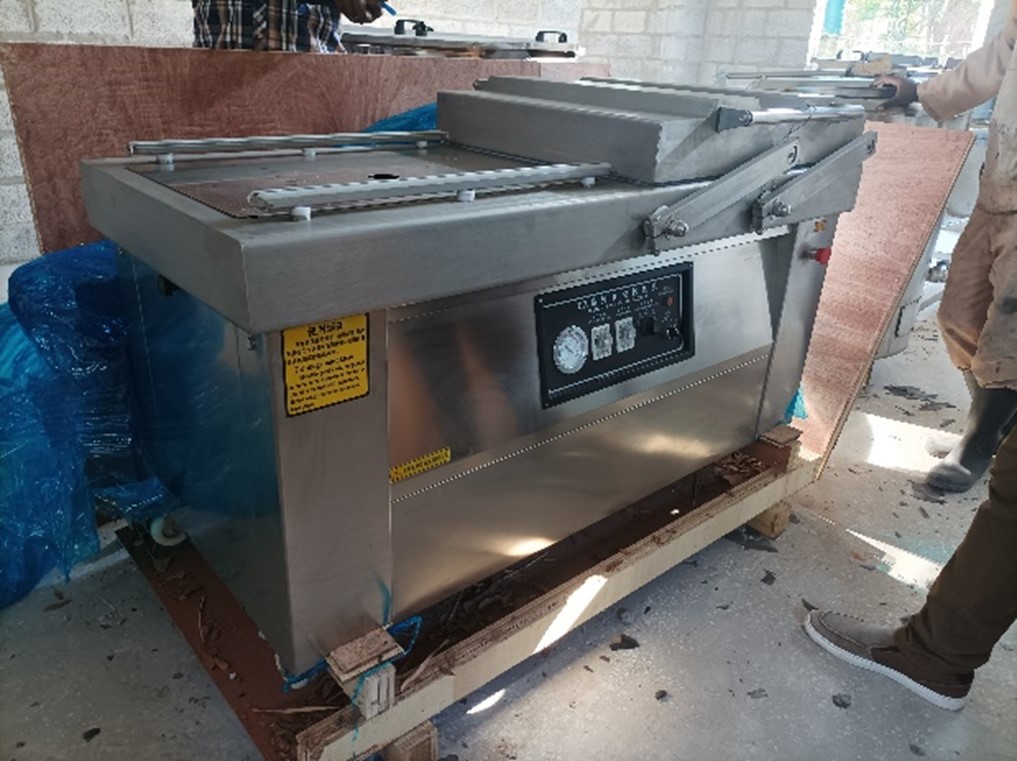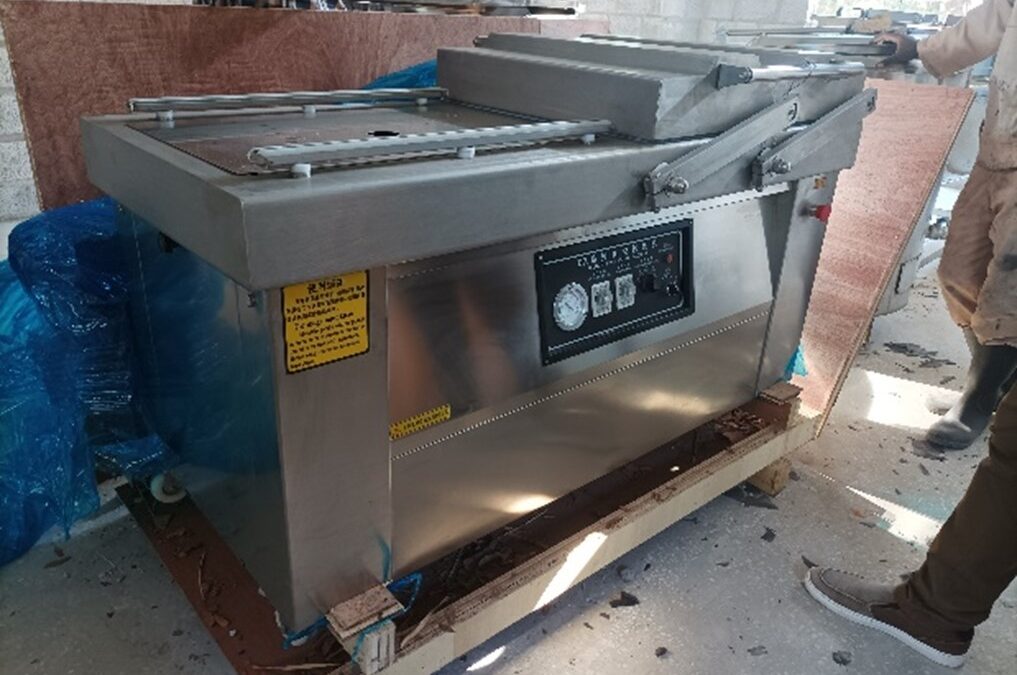By Yohane Chideya, Justice Munthali and Mwiinga Mulube
Malnutrition is a major burden on the Zambian health care system and contributes to compromised human capital. The challenge is a manifestation of multiple causes, such as inadequate food intake, inadequate childcare practices, poverty, and poor education system.
According to the 2018 Zambia Demographic and Health Survey (DHS) findings, Zambia is still grappling with high cases of malnutrition, i.e., 35% of children under five years are very short compared to their height and 5% are very thin- depicting both short- and long-term malnutrition problems.
In terms of micronutrient deficiencies, prevalence of anemia in children aged 6-59 months is 58% and one-third (31%) of women of reproductive age (WRA) 15-49 are also anemic. Anemia is usually linked to iron deficiency.
Following these revelations, several interventions have been employed in all spheres to unravel the challenges, including supporting home-grown nutrient-rich crops, such as biofortified beans and championing consumption of nutritious foods.
The agro-food processing industry is still in its infancy in Zambia, owing to limited access to capital, lack of processing equipment, poor quality grain, lack of customer awareness of bean processed products. However, different local processors continue to leave no stone unturned in their quest to provide every Zambian with locally produced affordable nutritional foods.

Figure 1: Mark’s Dehydrated Beans can contribute to malnutrition fight
For instance, since its establishment in 2017, Trinity Super Nutrition (TSN) has been making strides in contributing towards better nutrition and health amongst Zambians through high-nutrient foods processing that are staples in local diets, such as legumes and cereals.
As a well-established and vibrant processing company of foods from beans – one of the most common legumes – TSN has also been a driver for bean seed and grain production.
ZARI and Alliance’s intervention
Zambia Agricultural Research Institute (ZARI) and the Alliance of Bioversity International and CIAT have over the years worked closely with TSN to promote the development of the processing industry in Zambia, notably, through the project titled “Improving incomes and nutrition security through development and commercialization of consumer preferred processed legume-based products in Malawi and Zambia”.
This project, which was made possible through support provided by the U.S. Agency for International Development (USAID) under the Feed the Future Innovation Lab for Legume Systems Research, took the market-oriented and private sector-led approaches to improve nutrition and catalyze commercialization for Zambia processors, including TSN.
This was upon realization that the processing industry is very cardinal in the establishment of a self-sustaining bean value chain. As different studies indicate, agro-processors once established, have potential to create a demand pool for both seed and grain. For this reason, the Lusaka-based company chose to direct its energy towards processing of pre-cooked dehydrated beans, which takes consumers less than 20 minutes to prepare.
A 2022 rapid market assessment survey for bean-based products in Zambia identified available inefficiencies in the bean-based food products, as well as challenges that the processors face. Among the challenges identified, were high cost of inputs, including bean grain; poor product packaging and labelling; low product quality; lack of processing equipment; low product awareness by consumers and limited access to capital. Despite product optimization efforts, the small-scale company was still grappling with myriad of challenges, which affected processing quality and efficiency.
“We mainly have had inconsistency issues with the reliability of electricity due to persistent outages and challenges with wastage due to interruptions. Unusually this was resulting in complete batch spoilage that has repeatedly put strains on limited working capital,” laments TSN Co-owner Mark Thompson.
Financial support for efficiency enhancement
Through the collaboration between the Alliance of Bioversity and CIAT’s Pan African Bean Research Alliance (PABRA) and the CGIAR’s “Ukama Ustawi (UU): Diversification for Resilient Agribusiness Ecosystems in East and Southern Africa (ESA)” initiative, grants were awarded to three bean processors in Zambia, including TSN. Based on needs assessment conducted by the company, the size of the grant, and other sources of top-up funds, the company procured three equipment: an autoclave, sealing machine and a destoner (vibrating screen). The autoclave and sealing machine have a collective output of 60kg per hour, while the destoner (vibrating screen) has an output of 50kg per hour.
Today, after full installation of the equipment, the company anticipates great improvement in both sorting and processing efficiencies, and it marks the huge turning point for the company’s present and future.
“Previously, we were using electric cookers and driers that would take up to 12 hours for the full processes to be completed. The cookers would take up to 3 hours to cook beans at an output of 250kg per day.
“Furthermore, we were sorting the beans manually, by hand, which also had a negative impact in terms of our daily production,” explains Thompson.

Figure 2: Newly procured autoclave
With this financial support, the company anticipates the introduction of two more products, namely, pre-cooked ready-to-eat bean, which does not require refrigeration, as well as blended bean flours.
On top of that, he says, the equipment will ease the laborious manual sorting of grain, which was costly, due to compromised efficiency.
“It would take a person to sort 60kg of beans a day. So, with the vibrating sorter, grain processing capacity will also increase from 250kg per day to about 20 tons,” he adds.
Thompson foresees enormous growth in the coming years and beyond, saying that the autoclave and sealer will be able to increase its output by 92% daily due to the new production process and sorting capacity by at least 300%.
He adds that other benefits will come from economies of scale that will accrue due to increased productivity, as the company is also looking forward to the launch of new product lines of instant pre-cooked beans and blended flours.
This, according to him, will not only assist in minimizing concentration risks in the product portfolio but also the testing of market acceptability to the instant bean product.

Figure 3: Sealing machine procured by Trinity Super Nutrition
The processing of common beans has huge potential to enhance climate adaptability and resilience through sustainable practices in energy and water use, processing and distribution activities, agricultural activities, and carbon sequestration. One of TSN’s cornerstones is to contribute to climate adaptation and resilience in its bean value chain endeavors. Therefore, supporting TSN with a grant weave well with Ukama Ustawi’s projected impact in climate adaptation and mitigation.

